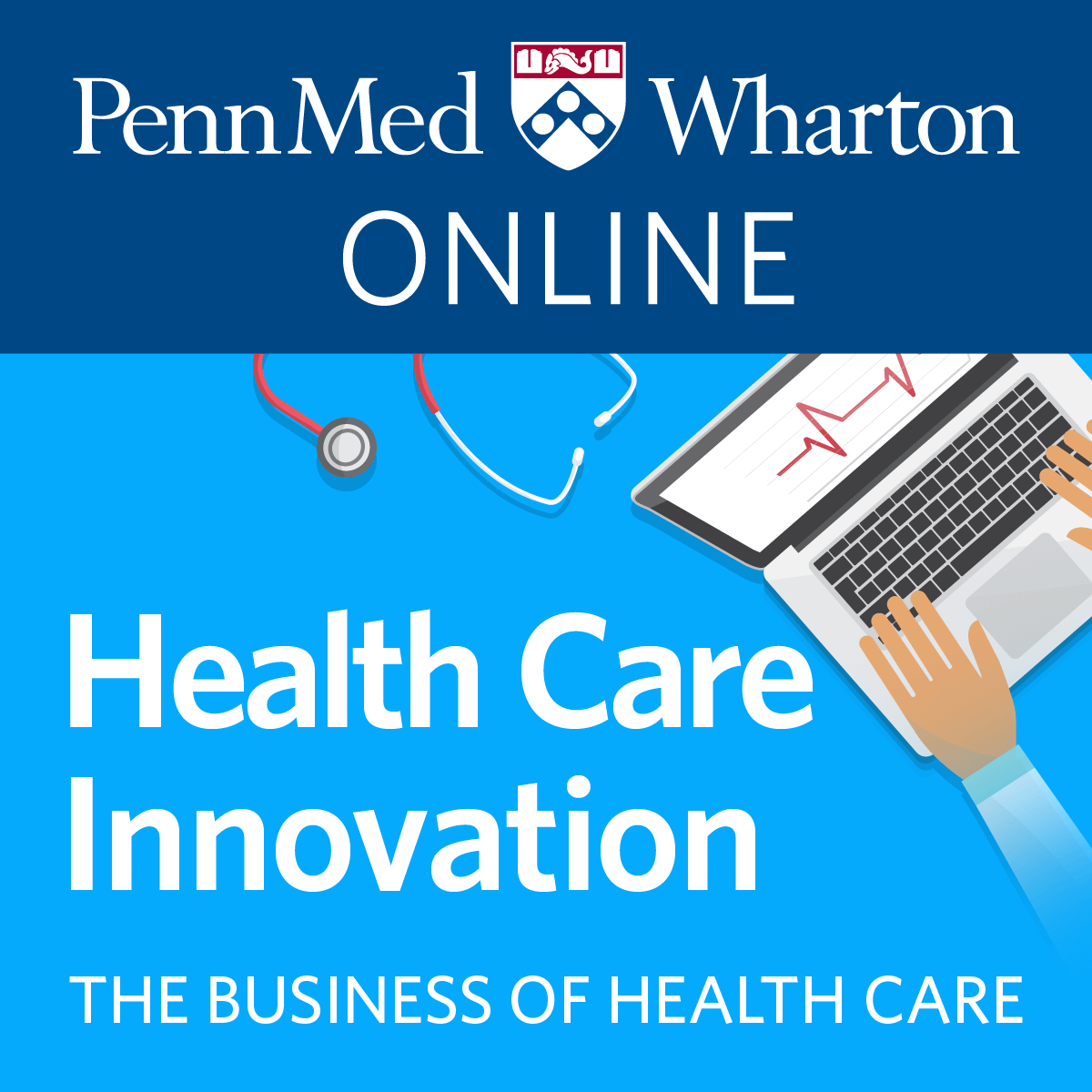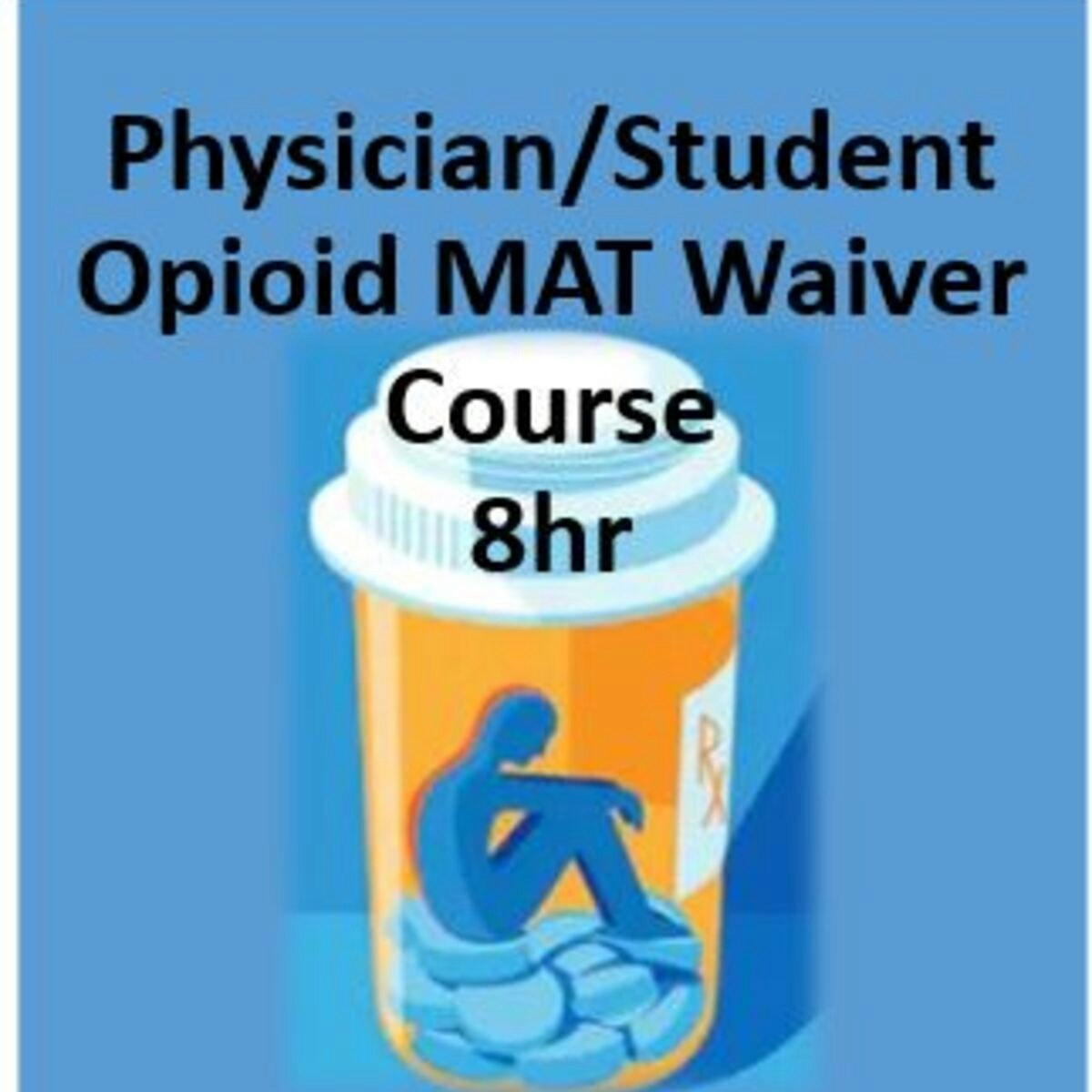Back to Courses









Healthcare Management Courses - Page 2
Showing results 11-20 of 64

Health Information Technology Fundamentals
In this course you will receive an overview of the health IT ecosystem with a specific focus on the role of electronic health records (EHRs). You’ll be introduced to the factors that contributed to the move from paper records to digitized records and who the most common vendors are. We’ll go over features of EHRs such as computerized provider order entry, clinical decision support, documentation capabilities, and medication reconciliation. Like a physician’s stethoscope, the EHR has become an important tool in healthcare delivery and plays a part throughout the patient’s journey. You’ll go through each of the steps from patient scheduling, to front desk registration, outpatient visits, emergency room encounters, and inpatient admissions.
During the course, we’ll also cover examples of how technical issues related to the EHR can be as simple as problems with logging or password resets. But how they can also be more complex related to alerts that are firing and the display of information. Although some of those challenges are beyond the scope of the IT support staff, having familiarity with the scope of potential problems and the broader EHR landscape is important. This course also includes an introduction to database architecture, servers, and interfaces. We wrap up by discussing the importance of training end-users on healthcare technology and the way in which effective change management strategies are crucial.

Health Care Innovation
In this course, you’ll learn the foundational economic theories behind health care innovation and how to optimize your own health care practice or organization. Designed to help you gain a practical understanding of the theoretical frameworks of behavioral economics and operations management in the health care setting, this course will help you apply these frameworks to assess health care practices and apply innovation while managing risk. You’ll also explore the best practices for evaluating one’s innovative practices, using real-life examples of success to see the concepts in action. By the end of this course, you’ll have honed your skills in optimizing health care operations, and be able to develop the right set of evaluations and questions to achieve best innovative practices within your organization.

Drug Commercialization
The University of California San Diego, Skaggs School of Pharmacy and Pharmaceutical Sciences Drug Commercialization course brings you lectures from both faculty and industry experts. With this course, recorded on campus at UCSD, we seek to share our access to top people in the field who bring an unprecedented range of expertise on drug commercialization.
This course will cover pharmacoeconomic, marketing strategy, intellectual property strategy, portfolio management, managed markets and strategic alliances. It will also have a lecture case study from startup to success.
In addition, the course will discuss post-marketing clinical trials or Phase 4 trials. These are conducted after a new drug has been approved by the regulatory agencies and launched. In these studies, the new drug is prescribed in an everyday healthcare environment using a much larger group of patients. This enables new treatment uses for the new drug to be developed, comparisons with other treatments for the same indication to be made, and determination of the clinical effectiveness of the new drug in a wider variety of patient types, and more rare side effects, if any, may be detected .
Pre-marketing strategy should be instigated as early as Phase 1 clinical trials to ensure that the market's needs are incorporated into the new drug's overall development. Later phases when clinical results are presented at international medical conferences the marketing strategy is then refined in order to develop an awareness amongst the medical community who will be prescribing the new drug. In addition to the marketing strategy, pricing strategy and a tactical plan will be developed. Promotional material, and the sales force will be trained so that when the product is approved they can promote the drug to physician, pharmacist and nurses.
This course is intended as part 3 of a series: Drug Discovery (https://www.coursera.org/learn/drug-discovery), Drug Development (https://www.coursera.org/learn/drug-development) and Drug Commercialization. We would highly recommend that you take the courses in order since it will give you a better understanding on how a drug is discovered in the lab before being tested in clinical trials and then launched in the market place.

Achieving Health Equity in Healthcare
The third and the last course of the Addressing Racial Health Inequity in Healthcare specialization will go through various approaches that are used to addressing racial inequity in healthcare., and the strengths and challenges of those approaches. You will explore legal, policy, and regulatory approaches to interventions such as Title IX in the United States. You will explore what is being done to intervene on providers to reduce differential care. You will unpack quality improvement and multiple approaches to leveraging healthcare systems and community partnerships to address access to care. You will also come to understand the history and role of community health centers in being critical infrastructure in addressing the health needs of diverse populations. Finally, you will be introduced to the workforce initiatives and the reparations that aim to close the racial and ethnic healthcare disparities gaps.

Mental Health and Resilience for Healthcare Workers
This course will help institutions and individuals better manage the mental health challenges of being a healthcare worker. Healthcare providers such as the University Health Network (UHN) address the mental health needs of their staff through several initiatives intended to help build resilience and to provide respite from the demands of their work. This was critical during the pandemic but, of course, healthcare workers encounter high levels of stress even without a pandemic. The primary purpose of this course was to document and explain lessons learned with the hopes of informing healthcare institutions and healthcare workers about effective strategies and why they work. Dr. Heather Gordon will highlight strategies she has employed within the UHN during the pandemic, and Professor Steve Joordens will discuss the psychology underlying these interventions.
Future Healthcare Payment Models
This course will review the drivers of healthcare cost and solutions that have been proposed to address cost, quality and value of health care. Many point blame for high costs on payment models that pay healthcare providers for every service they provide to patients, essentially paying more for volume and service intensity. This is called a Fee for Service (FFS) payment model. Some solutions, arguably the more sustainable solutions, are the combined strategies of new payment models, care management, insurance plan designs, consumer engagement tools, and technology.
Using that information we will explore various situations, showcasing coordinated care and payment strategies that can be implemented to improve patient health and the cost of delivery of healthcare services.
By the end of this course, the learner should be able to:
1. Identify the drivers and trends of healthcare spending from the perspective of various stakeholders, including medical providers, insurers, government and private purchasers and payments
2. Critically assess the impact of strategic and financial approaches that have been put in place by the ACA and the various modifications.
3. Evaluate how healthcare payment models currently work and the new direction that value-based payment is taking.
4.Identify how financial and non-financial metrics can be appropriately combined to improve a healthcare stakeholders’ value proposition.

Physician/Student Opioid Use Disorder Medication Assisted Treatment Waiver Training
This online course opportunity is made possible through a joint partnership with University of Virginia School of Medicine (UVASOM) and Nursing (SON) and the American Academy of Addiction Psychiatry (AAAP), Data 2000 sponsor for this MAT waiver training. This content was created by the AAAP and has been used with permission. This course is designed to highlight important issues affecting prescribing clinicians regarding the new requirements and guidelines in opioid prescribing and management for acute and chronic pain management. The course consists of 8 individual sessions of the required 8 hours of content for physicians who wish to apply for a waiver to prescribe buprenorphine for the treatment of opioid use disorders. Sessions include a non-graded pre assessment and 8 recorded audio sessions with graded post-module questions the total of which must be completed with 80% accuracy. Some modules contain a case study component. A certification of completion will be issued for successful completion of the entire training. Students who successfully complete the course during their educational program can apply for their waiver when they obtain their full DEA license.
Estimated time to complete this activity: 9.5 hours
Release date: March 1, 2020
UVA Grant Dates: 09/30/2019 – 09/29/2022
Funding for this initiative was made possible by a grant from SAMHSA. The views expressed in written conference materials or publications and by speakers and moderators do not necessarily reflect the official policies of the Department of Health and Human Services; nor does mention of trade names, commercial practices, or organizations imply endorsement by the U.S. Government.

Introduction to Integrative Nursing
This course is designed for nurses who are drawn to practice in a different way – nurses who value whole-person care and know that the essence of nursing practice is truly caring and healing. You will learn about the principles and practices of Integrative Nursing and how you can be a healing presence to all you serve. Then, you will do an integrative assessment and apply the principles of Integrative Nursing to improve symptom management and overall patient outcomes. Finally, you will explore ways to become a leader in Integrative Nursing and create new patient care models.
Continuing Education Credits
This course has been designed to meet Minnesota Board of Nursing continuing education requirements for 12 contact hours and may be eligible for CE credit from other professional boards that allow self-documenting of continuing education activities. It is your responsibility to check with your regulatory board to confirm this course meets your local requirements and, if necessary, to provide them with the certificate of completion you get if you pay for and fulfill all the requirements of this course.

Introduction to Service Innovation and Management
This course is best suited for individuals currently in the healthcare sector, as a provider, payer, or administrator. Individuals pursuing a career change to the healthcare sector may also be interested in this course.
In this course, you will learn about the importance of successful execution and management of service innovation. The course focuses on the internal management of business processes necessary to deliver improved services to customers and patients, increased profitability, and build long-term customer loyalty and engagement. You will experience elements that are critical for the effective execution, implementation, and evaluation of the various strategic aspects of achieving organizational goals, with an emphasis on the initiatives and key organizational change elements. Through guided project work, you will have an opportunity to apply these concepts to services and internal business processes at your own organizations. Additionally, the course has been designed to help you become familiar with a framework of service and process redesign.

Clinical Data Models and Data Quality Assessments
This course aims to teach the concepts of clinical data models and common data models. Upon completion of this course, learners will be able to interpret and evaluate data model designs using Entity-Relationship Diagrams (ERDs), differentiate between data models and articulate how each are used to support clinical care and data science, and create SQL statements in Google BigQuery to query the MIMIC3 clinical data model and the OMOP common data model.
Popular Internships and Jobs by Categories
Find Jobs & Internships
Browse
© 2024 BoostGrad | All rights reserved